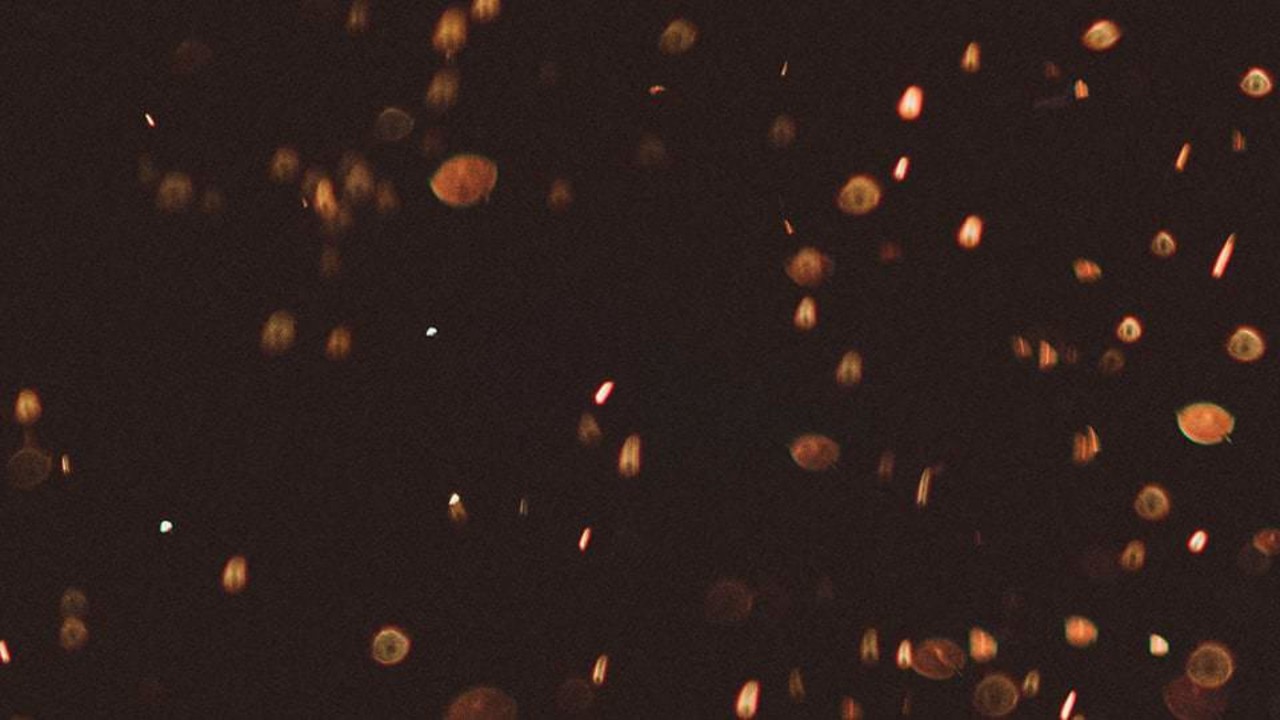JPEGmini
• filed under software • permalinkGoing back-to-back on softball blog posts about apps I use, JPEGmini has been in my arsenal for a few years, now. It’s one of those tools that I don’t think about much, anymore, but I’d be remiss of I didn’t say it’s damn valuable.
Images are huge. Today’s Web is teaching us that we need massive images everywhere, as heros, backgrounds, and whatever other hipster nonsense the frontend developer interns think.
That’s all fine, but bandwidth is still not aplenty. The longer a page takes to load, the less liekly your site visitor will stick around. Seems like a simple problem to fix, yeah?
This isn’t just about web designers. Photographers can benefit from this, too. Say you’re publishing a fat stach of JPEGs to a gallery for a client. These aren’t what you print with, so do they have to be stupid large?
JPEGmini shines in both of these areas and instead of trying to explain all of it, let me just show you.
The totally free stock photography website Bossfight is one of my go-to sources for awesome, high quality images. Every week, they email a .zip of all the new photos from that previous week. The most recent compressed set will make a good sample size.
JPEGmini’s claims are that its compression is nearly undetectable. Over the years I’ve used it, I’d say that’s mostly true. Annecdotal, sure, but here’s a comparison of bossfight_sample_set/bossfight-free-high-stock-photos-fire-sparks-hot.jpg at 100% crop:

If you can guess where the divide between the processed (left) and non-processed (right) is, I’ll give you a cookie.
And that’s the point. It’s meant to be non-invasive. The same folder of photos that was 218MB earlier is now 135MB. The JPEGmini Web site also features some comparisons as well as lets you try your own photos, to see how they turn out.
If you’re a serious application developer that seriously wants to cut down on the serious amount of bytes your users upload by way of their serious images, JPEGmini Server takes care of that.
For the rest of us, JPEGmini (free trial, $20) or JPEGmini Pro, (free trial, $99) (my favorite) will do just fine. If you’re unsure the difference, the two big deals are a packaged lightroom/photoshop plugin and larger max photo resolution with Pro. On the mac, Pro and Server support 128MP images and 60MP on the PC. The base JPEGmini app supports images up to 28MP.
Still seems like too much? The Web Service will do fine for the one-offs. It has the same 128MP limit. Sign up and you’ll gain access to albums which can hold up to 1000 photos. More information about the Web Service is here.
Do you use JPEGmini? How many GB has it saved you? Send me a tweet @_johlym.